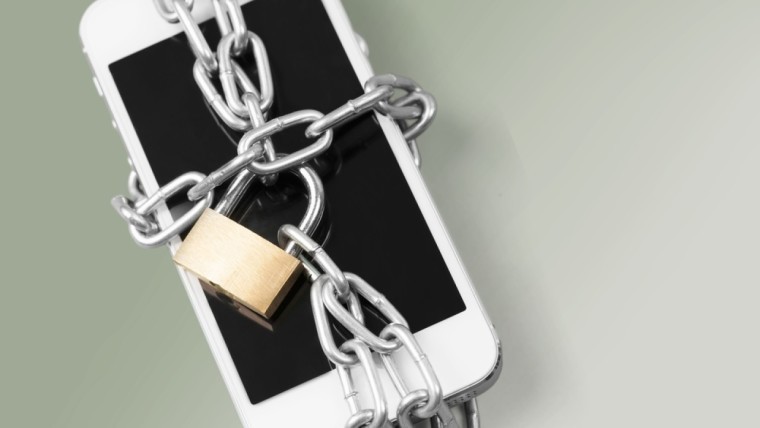
Cast your mind back to February 2016, and you'll remember that Apple and the FBI had a spat that centered around the FBI demanding Apple's assistance with unlocking an encrypted iPhone, used by one of the San Bernardino shooters.
Amid strong public and industry support for Apple, the case was eventually dropped, but the reason was actually widely reported to be a little-known company called Cellebrite (though of course this is unconfirmed, as per the nature of FBI/government affairs).
Based in Israel, Cellebrite supposedly offered to unlock the iPhone for the FBI without Apple's assistance, likely using a previously unknown exploit in order to bypass the built-in security technologies.
This week, India's Forensic Science Laboratory (FSL) announced that they've struck a deal with Cellebrite to purchase those tools and will resell the ability to hack into encrypted devices 'as a service'.
On Thursday, a senior FSL official said:
"We are likely to have the technology within a month or so. India will become a global hub for cases where law enforcement is unable to break into phones"
It is unclear precisely what sort of deal has been struck between India and Cellebrite.
The FBI reportedly paid a sum in the region of $1 million to unlock the San Bernardino shooter's iPhone, but if India is allowed to resell the technology as a service, then Cellebrite could be effectively giving up the software completely, or perhaps granting exclusive rights to a particular (perhaps deprecated) set of tools within their larger portfolio.
In related news, Apple's encryption woes threaten to resurface as the FBI seek assistance again in relation to another terrorist's iPhone.
Source: The Economic Times

















16 Comments - Add comment